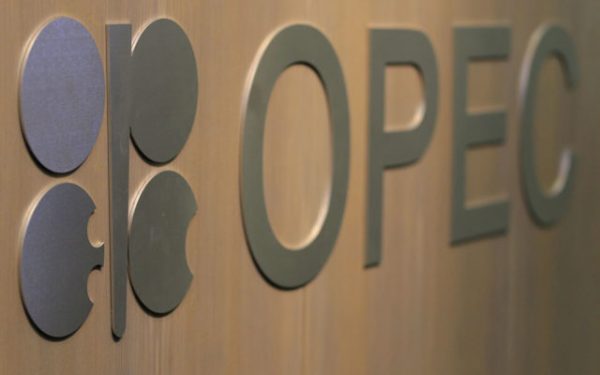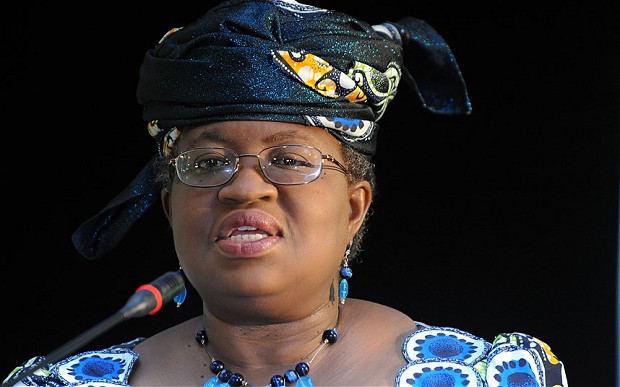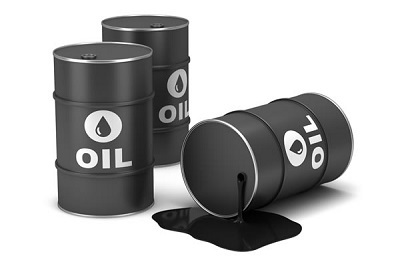OPEC raises Nigeria’s oil quota amidst low production
The Organisation of Petroleum Exporting Countries on Thursday raised Nigeria’s oil production quota from the 1.735 million barrels per day target approved in April 2022 to a new target of 1.753 million barrels per day for May 2022.
OPEC’s increased oil production quota for Nigeria came as the Federal Government called for an inclusive energy transition that would be beneficial to not just Nigeria but to other countries in Africa.
The Vice President, Prof. Yemi Osinbajo, made the call at the Domestic Gas Summit 2022, organised by the Abuja Chamber of Commerce and Industry, with the theme, “Building a Sustainable Gas Economy.”
OPEC raised Nigeria’s oil production quota at its 27th OPEC and non-OPEC Ministerial Meeting, according to a statement from the organisation. Nigeria, however, has been missing its OPEC-approved oil production targets.
“Following the conclusion of the 27th OPEC and non-OPEC Ministerial Meeting, held via videoconference on March 31, 2022, it was noted that continuing oil market fundamentals and the consensus on the outlook pointed to a well-balanced market and that current volatility is not caused by fundamentals, but by ongoing geopolitical developments,” the organisation stated.
In his speech at the summit in Abuja, Osinbajo noted that Nigeria’s oil and gas resources were enormous and as such global energy transition must be inclusive.
He said, “For countries such as Nigeria, which is rich in natural resources but still energy poor, the transition must not come at the expense of affordable and reliable energy for people, cities, and industries.
“On the contrary, it must be inclusive, equitable, and just; which means preserving the right to sustainable development and poverty eradication as enshrined in various treaties such as the 2015 Paris Climate Accord.
“Development of oil and gas resources is critical for economic growth and revenue expansion for many countries including Nigeria. The priority is to transit from liquid fossil fuels to Liquefied Natural Gas, Compressed Natural Gas and Liquefied Petroleum Gas.”
He added, “Curbing natural gas investment in Africa would do little to limit carbon emissions globally but will do much to hurt the continent’s prospects. Right now Africa is starved of energy.”
On his part, the President, ACCI, Al-Mujtaba Abubakar, stated that gas had been identified as the energy of choice across board because it was cleaner, greener, and safer.
He said, “The movement for energy transition is considered to be a global ideal. Within the context to save the planet movement, countries in Africa are working to devise appropriate responses to explore gas as an alternative to energy.








